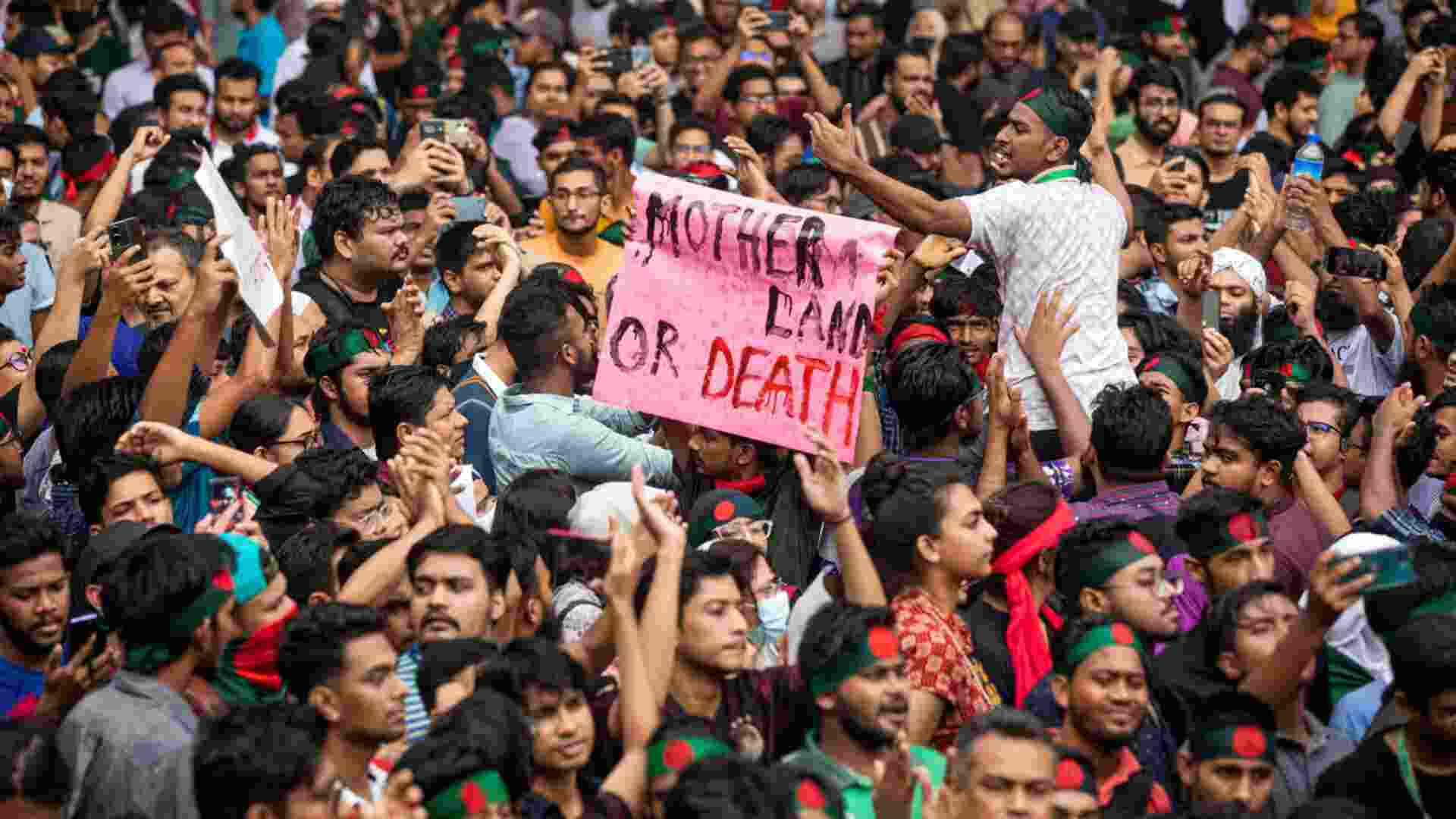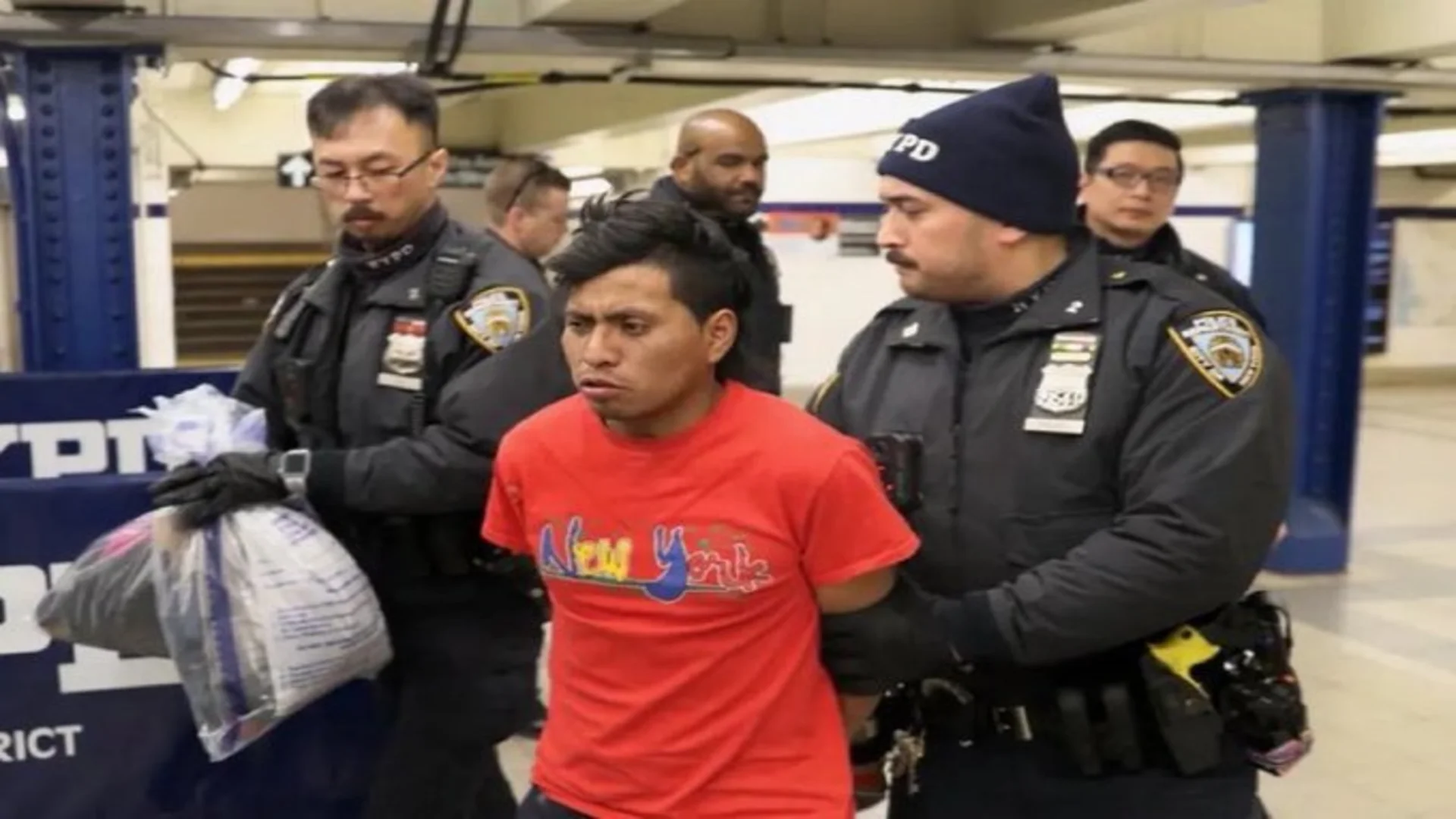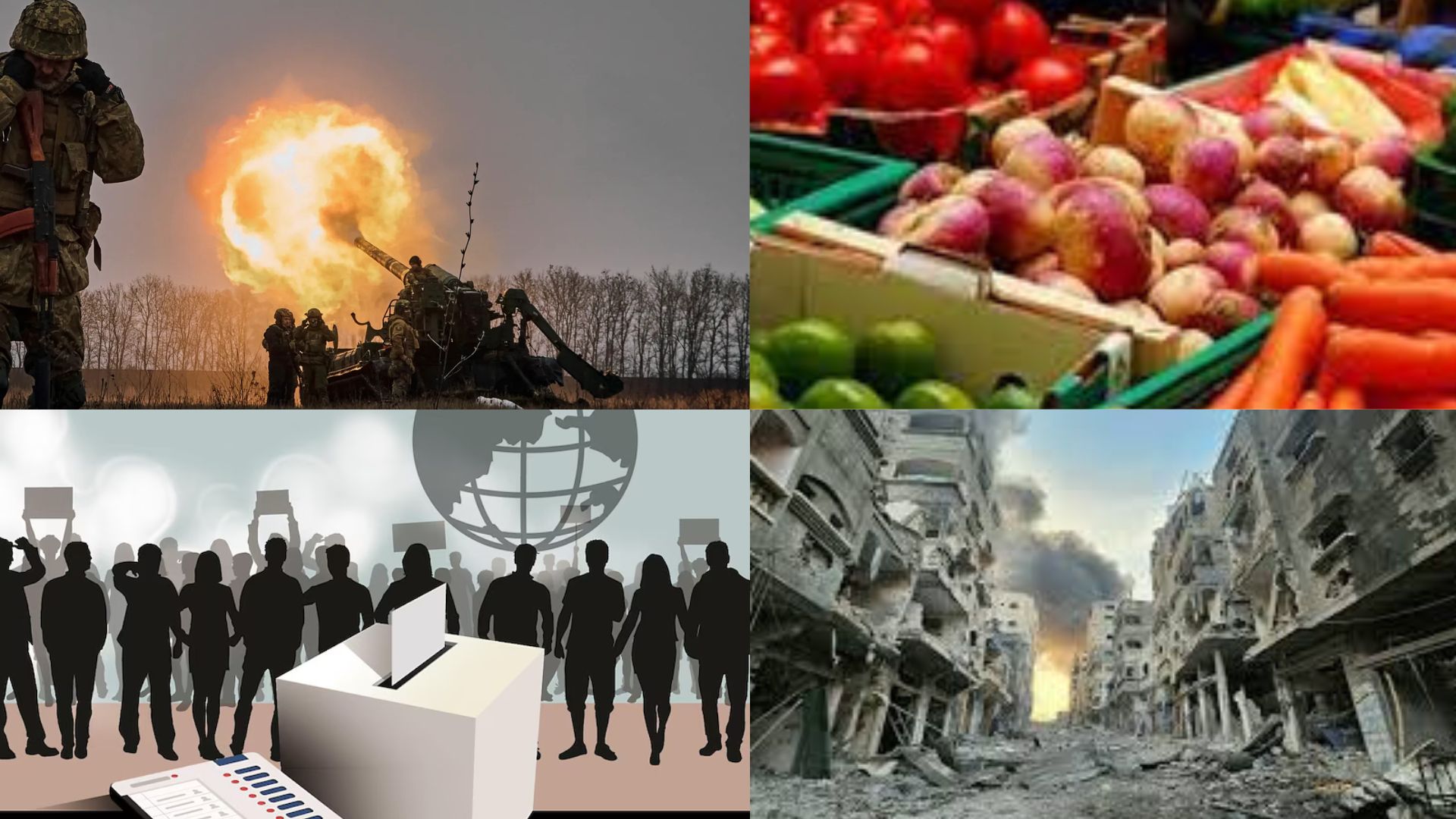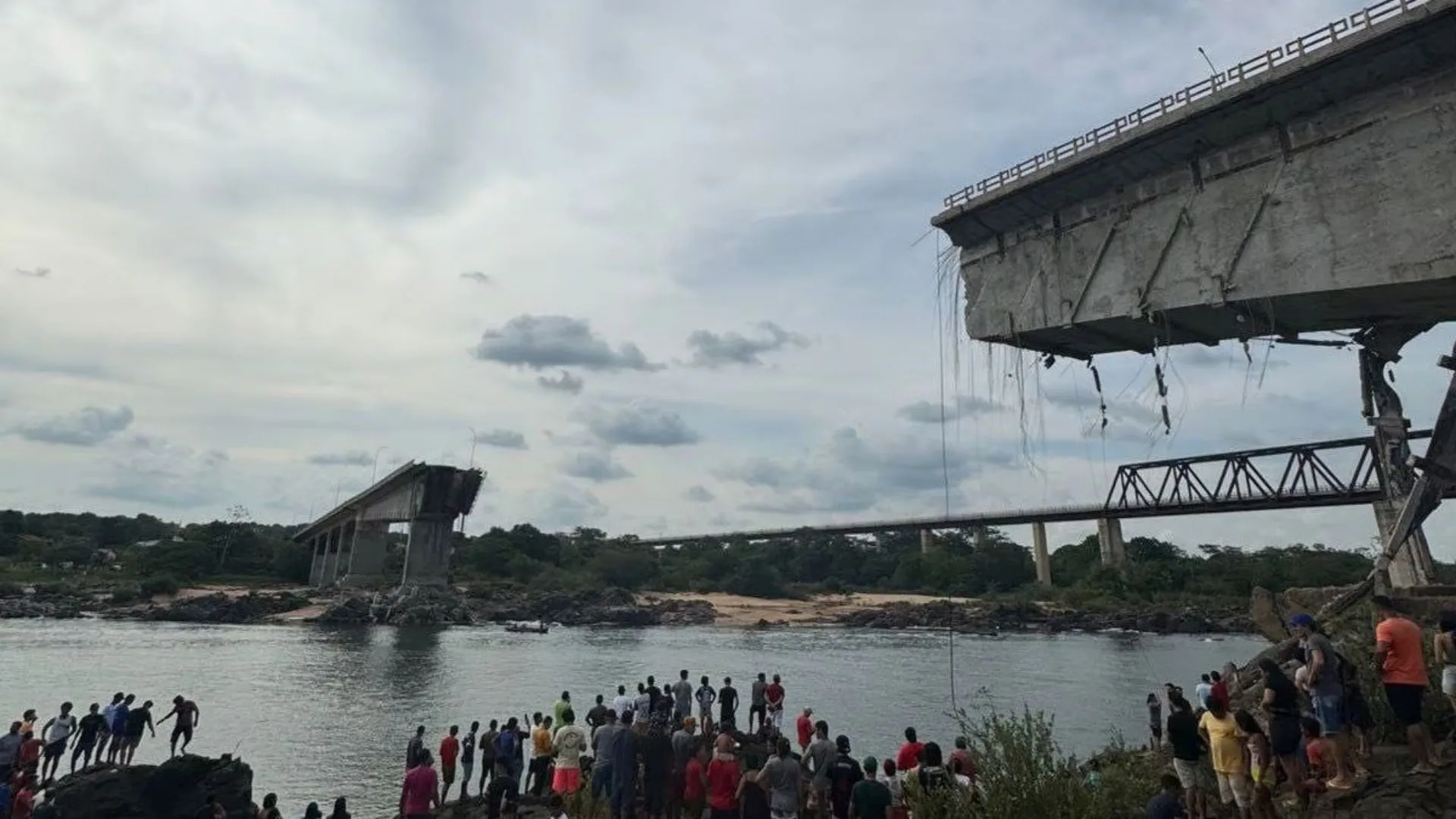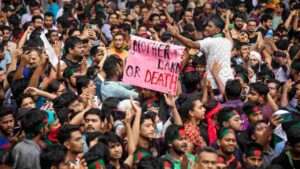Tensions are high in Bangladesh as both anti-government protesters and the ruling Awami League prepare for significant rallies across the nation on Sunday. The demonstrations come on the heels of last month’s deadly clashes over civil service job quotas, which resulted in over 200 deaths.
In the past two weeks, a substantial crackdown by security forces has led to the detention of around 10,000 individuals, including opposition supporters and students. These arrests have further fueled the unrest.
Students Against Discrimination, the group spearheading the anti-government protests, has demanded the resignation of Prime Minister Sheikh Hasina. The group has also called for a nationwide disobedience movement starting Sunday, urging citizens to withhold tax and utility payments, and to halt all factory and public transport operations.
Simultaneously, the Awami League, Ms. Hasina’s party, plans to hold its own marches across the country, raising concerns about potential violence as both sides take to the streets.
Nahid Islam, a leader within the student movement, addressed a large crowd in Dhaka on Saturday, demanding accountability from Ms. Hasina. “Sheikh Hasina should not only resign; there should be a trial for the killings, looting, and corruption,” he declared.
The protests present a significant challenge to Ms. Hasina, who secured her fourth consecutive term in January’s elections, which were boycotted by the main opposition. The unrest began last month when students protested the allocation of many civil service jobs to relatives of veterans from Bangladesh 1971 independence war. Despite the government’s decision to scale back the quota, students continue to demand justice for those killed and injured, and now seek Ms. Hasina’s resignation.
Ms. Hasina’s supporters have dismissed calls for her resignation. She has proposed an unconditional dialogue with the student leaders to resolve the conflict peacefully, stating, “I want to sit with the agitating students of the movement and listen to them. I want no conflict.” However, the student protesters have rejected her offer.
Last month, Ms. Hasina deployed the military to restore order after several police stations and government buildings were set ablaze during the protests. General Waker-Uz-Zaman, the Bangladeshi army chief, held a meeting with junior officers in Dhaka to assess the security situation, asserting that the army would continue to support the people and the state.
As protests reignite in multiple cities, the government is grappling with growing public anger over its initial response to the demonstrations. Bangladeshi media reports that most of the fatalities from last month’s protests were due to police gunfire. Thousands were injured in the violence. The government maintains that police only fired in self-defense and to protect state properties.
The coming days in Bangladesh are crucial for both the government and the opposition, as the nation watches to see how these rival rallies unfold and what impact they will have on Bangladesh’s political landscape.

